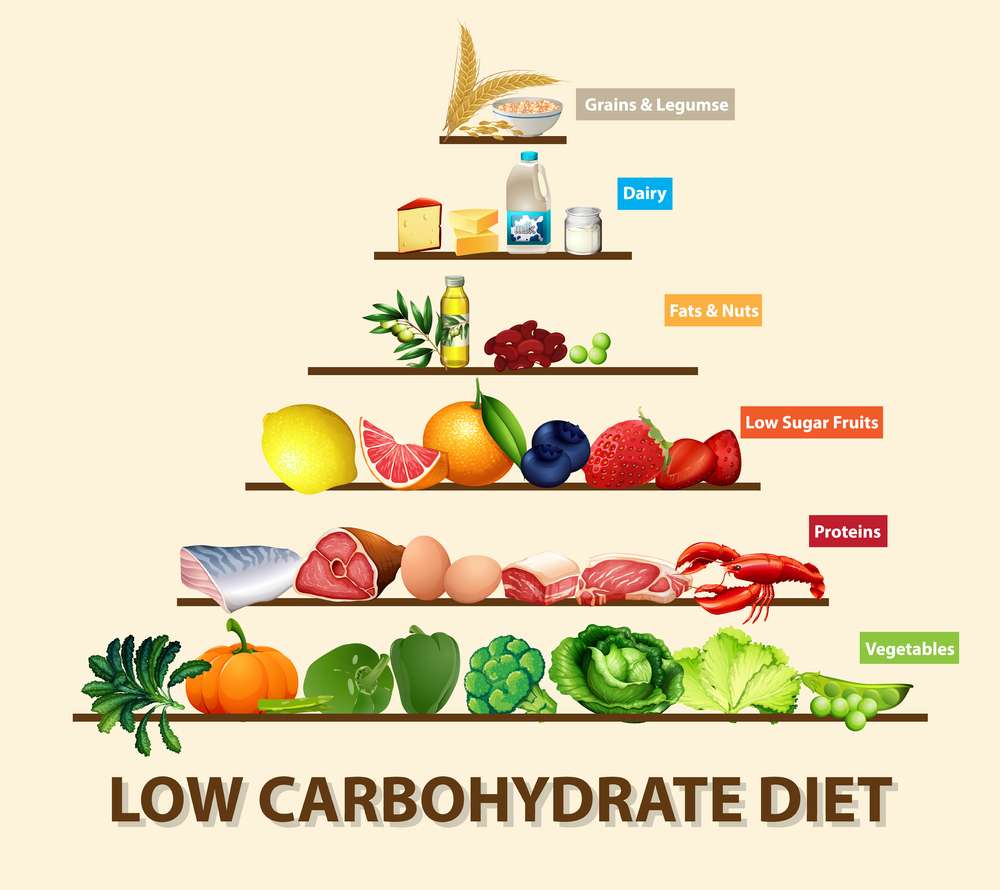Learning to deal with the symptoms of Parkinson’s disease can be a challenge if you’ve just been diagnosed with this neurodegenerative disorder. Thousands of individuals are just beginning to learn what to expect, what things to avoid, and what types of food to eat to handle Parkinson’s disease.
Consuming the right foods, combined with medication and healthy habits can help you manage symptoms such as tremors, rigidity, postural instability, and dystonia among others to improve quality of life. Below are some eating guidelines on what to avoid or instead, which foods to best manage Parkinson’s disease with.

Support brain, heart, and body health:
Do:
- Bring variety to your food. Consuming different types of food will make sure that you consume the essential vitamins and minerals that you need to deal with Parkinson’s disease.
- Increase your fibre intake. Eating high-fibre vegetables and other food aids digestion, eases constipation, as well as helps you feel full longer.
- Consume more whole-grain foods such as brown rice, pasta, oatmeal, whole wheat bread, or crackers.
Don’t:
- Consume too many sugary foods and drinks as they can negatively have an impact on your immune system. Choose naturally sweetened food and reduce your sugar intake to deal with Parkinson’s symptoms.
- Eat protein in more quantity. Consuming lots of fish, beef, or cheese may affect the efficiency of certain Parkinson’s medications. Plan on having more vegetables as well as carbohydrates during the day and stick to an appropriate serving of protein at dinner time.
- Intake of too much sodium, trans fat, cholesterol, and saturated fats.
Ease nausea
Do:
- Eat hot and cold foods separately and consume small meals the whole day.
- Keep your head elevated to avoid an upset stomach and chew every bite properly.
Don’t:
- Drink citrus juices like orange or grapefruit juice. Choose anti-oxidant rich, non-citrus fruit juices like those made from freshly pressed berries, mangoes, papaya, and watermelon. These fruits hold high levels of Vitamin C which can strengthen your immune system.
- Eat when you feel nauseous. Don’t force yourself to eat when you’re feeling ill. Take a pause until the queasy feeling passes, or eat food at room temperature to prevent getting nauseated by the smell of hot food.
Manage other side effects
Do:
- Drink lots of water to prevent dehydration-induced headaches as well as muscle tension.
- Drink green tea, bone broth, or ginger tea to enhance your immune system.
Don’t:
- Consume alcohol or coffee or any other caffeinated beverages to prevent having sleep issues.
Having the knowledge of what to eat and what to avoid can help you deal with the symptoms of Parkinson’s disease. Follow the above tips to relieve symptoms and have a better quality of life. Talk to your doctor to know what other foods you can eat to help you manage Parkinson’s disease.
